Heavy Periods (Menorrhagia)
Heavy periods, also called menorrhagia, are when a woman loses an excessive amount of blood from her womb, through her vagina, during several consecutive menstrual cycles. (see menstruation). This may happens approximately every 24-35 days, depending on the length of the cycle. Menorrhagia can occur by itself or in combination with other symptoms, such as menstrual pain (dysmenorrhoea). Heavy bleeding, affecting 1 in 10 women does not necessarily mean there is anything seriously wrong, but it can affect a woman physically, emotionally and socially, and can cause disruption to everyday life.
How do I know my bleed ing is heavy or excessive”?
It is difficult to define exactly what a heavy period is because the amount of blood that is lost during a period can vary considerably between women. It is usually considered normal for a woman to lose about 30-40ml during a period. As about 90% of women will lose less than 80ml, over a maximum of about seven days, an amount more 80ml (millilitres) or lasting longer than seven days, will be regarded as heavy. It is quite difficult to know how much 30ml or 80ml is, when sanitary towels or tampons are used over three to seven days of bleeding. Therefore, other ways of assessing the amount of loss, is common. It does not have to be precise and accurate. Most women have a good idea about how much bleeding is normal for them during their period and can tell when this amount increases or decreases. In general, any amount of bleeding that disrupts everyday life, causes flooding (quickly soaking through clothing or bedding), or passage of large congealed blood (clots) or need to have “double protection” of tamons and towels togther, will be regarded as heavy.
Do visit your doctor or specialist if your periods are heavier than usual, or if they are disrupting everyday life
What Is My Doctor Thinking?
Your doctor will want to ensure that you have not lost too much blood to the extent of your blood iron level (heamoglobin) dropping – anaemia, so a blood test may be required. Your doctor also may be thinking of likely reason(s) for you heavy periods. In most of cases, this is a temporary concern, due to temporary hormonal imbalance, but there could also be conditions, such as
- Uterine fibroids,
- Endometriosis or Adenomyosis
- Low thyroid homrone (hypothyroidism)
- Hormonal imbalance – dysfunctional uterine bleeding, associated with polycystic ovaries, or around the time of puberty or menopause – in many cases, no underlying reason is found.
- If you are over 45yrs, your doctor will also want to exclude any sinister cause, endometrial hyperplasia, or polyp or cancer.
Your doctor or specialist will examine you and may arrange further tests, either immediately or quite often after starting some treatments, for a couple of months. The test may include full blood count, ultrasound of your pelvis, thyroid hormone levels. Depending on your particular circumstances, you may need to be referred to a gynaecologist who will in addition arrange to arrange a biopsy of the lining of the womb, with the transvaginal scan, and camera look inside your womb (see hysteroscopy).
What treatments are available?
As the amount of blood that is lost during a woman’s period varies considerably from one person to another, it is common for many women to suffer for a long time, wothout realising the need to go for help, therefore menorrhagia (heavy periods) is not always diagnosed. If menorrhagia is diagnosed, your GP will discuss all the possible treatment options with you. Your GP will discuss how effective the treatment options are, considering the down-sides and the need for contraception or to preserve fertility. The aims of treatment are: a) to correct iron-deficiency anaemia caused by heavy menstrual bleeding and b) to reduce or stop excessive menstrual bleeding, in order to to improve the quality of life of women with heavy menstrual bleeding , assessing the need for surgical treatments, if conservative or medical tretment fails or not feasible.
Medications for Heavy Periods
Medical treatment is often started while waiting for results of further tests, if in the first instance; there are no symptoms or signs that suggest a serious underlying cause. Trying this for a couple of months should help determine, if it is likely to be effective, at least in the short term. If a particular medication is unsuitable, or ineffective, another one may be recommended. The different types of medication that are used to treat menorrhagia are:
- Levonorgestrel-releasing intrauterine system (LNG-IUS) – The levonorgestrel-releasing intrauterine system (LNG-IUS) is a small plastic device that is placed inside the womb and slowly releases a hormone called progestogen. It prevents the lining of your womb from growing quickly and it is also a form of contraceptive. LNG-IUS reduces blood loss by 70-95% and is the preferred first choice treatment for women with menorrhagia, unless its use is contra-indicated. Possible side effects of using LNG-IUS include: irregular bleeding, breast tenderness, acne, headaches and amenorrhoea.
- Tranexamic acid: Tranexamic acid tablets work by helping the blood in the womb to clot, reducing blood loss by 20-60%. Tranexamic acid tablets are taken after heavy bleeding has started. They are not contraceptive and they can be combined with a non-steroidal anti-inflammatory drug (NSAID). Side effects include: indigestion, diarrhoea and headaches
- Non-steroidal anti-inflammatory drugs (NSAIDs), such as Ibuprofen, Mefenamic acid or Naproxen: have been shown to reduce blood loss by 20-50%. They are taken only during heavy periods.NSAIDs work by reducing the body’s production of a hormone-like substance called prostaglandin, which is linked to heavy periods. NSAIDs are also painkillers. They are not a form of contraceptive, but they can be used with the combined oral contraceptive pills. Possible side effects of NSAIDs include indigestion and diarrhoea.
- Combined oral contraceptive pills contain the hormones oestrogen and progestogen, with the benefit of regulating menstrual cycle and reducing menstrual pain (dysmenorrhoea). They combined oral contraceptive is a contraceptive that works by preventing your ovaries from releasing an egg each month. Common side effects of the combined oral contraceptive pill include: mood changes, headaches, nausea, fluid retention and tender breast.
- Gonadotrphin Releasing Hormone Analogues (GnRH-a) – GnRH-a group of medication are not first line in the management of heavy periods. Their use is limited to temporary cessation of periods, while a more permanent (usually surgical) is being considered, because other medictions have failed or are unsuitable. They work by stopping the ovaries from producing the sex hormones (causing medical menopause). This way, there is no stimulation or build up of the linning on the womb, so there is very little or nothing to shed from the linning of the womb (endometrial thining). They are often used, while the patient is awaiting surgical treatment, such as endometrial ablation, hysterectomy, or myomectomy – uterine fibroid removal, and in cases, where the heavy period, is as a result of adenomyosis or endometriosis. They cause bone-thinning and therefore cannot be used, for more than six months, without hormone replacement therapy. In addition, they cause hot-flushes, night sweats, dry skin, and other masculine side-effects. Examples are goserelin, buserelin, etc.
- Oral norethisterone; Oral norethisterone works by preventing the lining of the womb (endometium) from growing quickly. It has to be taken for 2 -3 out of four weeks, each cycle – It is not an effective form of contraception and can have unpleasant side effects, including: weight gain, bloating , breast tenderness, headaches and acne. A high dose of oral norethisterone can stop bleeding in 24 to 48 hours, if period is unusually prolonged.
- Injected progestogen: This works like any other progestogen, causing endometrial thining. An example is medroxyprogesterone acetate, which is also a potent form of contraception. It may cause a delay in return of fertility for up to 18 months. The side effects of injected progestogen are similar to that of oral progestogen. The injection is given once every twelve weeks, for as long as treatment is necessary.
- Medical treatment of any underlying cause – for example, Thyroxine for hypothyroidism
Surgery
Your gynaecologist may suggest surgery if medical treatments are not effective in controllong the heavy periods. There are several types of operation that can be used to treat menorrhagia. IF the underlying reason for the heavy periods is that which demand surgery, then the surgery is as it is for that condition, for example, as in menorrhagia caused by uterine fibroids. These are:
- Hysteroscopy , Dilatation and Currettage / Removal of Polyp – a camera is inserted through the cervix, into the uterine cavity, and a scrapping of the cavity occurs, mainly for testing the specimen obtained. This may improve the heavy period, but thi sis not usually sustained; therefore it is strictly not a treatment options. In some women however, following this procedure, especially, if they had excessive growth of the linning of the womb (endometrial hyperplasia), that is not associated, with cancer or precanceruous condition (atypia), there may be a lasting improvement in symptoms, such that medical treatment become a suitable effective option. Some polyps (small growth inside the womb – endometrial polyp) can cause heavy periods, if they occurs in crops; and it may be possible to remove these during the hysteroscopy.
- Endometrial Ablation – : where the womb lining is destroyed, using various techniques and devices. In microwave endometrial ablation, the probe that uses microwave energy (a type of radiation) is inserted into the womb to heat up and destroy the womb lining. In thermal balloon ablation: the balloon is inserted into the womb and is inflated and heated to destroy the womb lining. This proceure will cure or improve heavy periods, in about 60 -70% of cases.
- These procedures can be carried out under local anaesthetic (painkilling medication) or general anaesthetic (where you are unconscious). They are fairly quick to perform, taking around 20 minutes, and you can often go home the same day. Read more ..
- Hysterectomy – surgical removal of the womb, which may sometimes also involve the removal of the cervix (neck of the womb), fallopian tubes and ovaries (oophorectomy). Hysterectomy is fast becomeing the last resort, as a treatment option for heavy periods. This is because there are often other less invasive and effective treatment. Aside the complications and the longer recovery of hysterectomy, the satisfaction rate of this surgery to treat heavy periods, reamins high. Read more on hysterectomy.
- Uterine artery embolisation : This minimally invasive procedure is done by inserting a small tube through the groin blood vessel and then following this to the blood vessel (artery) that feeds the fibroid and uterus. Once this has been achieved, small plastic beads are injected into the arteries supplying blood to the fibroid. This blocks the arteries and causes the fibroid to shrink over the subsequent six months. This treatment is ony useful if the fibroids are the main reason for the heavy periods, avoiding the need for a hysterectomy or myomectomy.
- Myomectomy is the operation for the removal of fibroids in the uterus. Less and less of this surgery is being done for small fibroids. Very large fibroid can be treated through this operation, especially, if the woman still wants children, and is not suitable for a uterine artery embolisation.


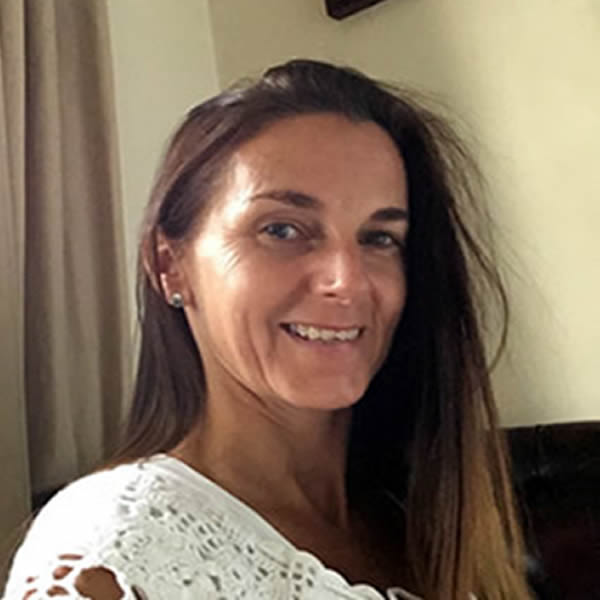

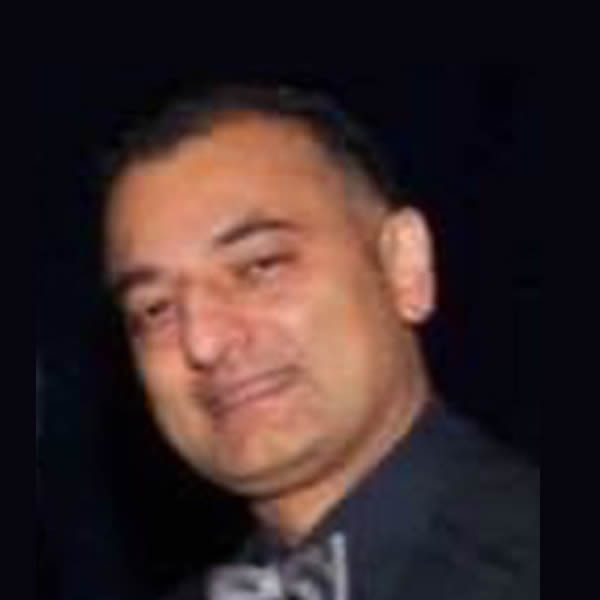
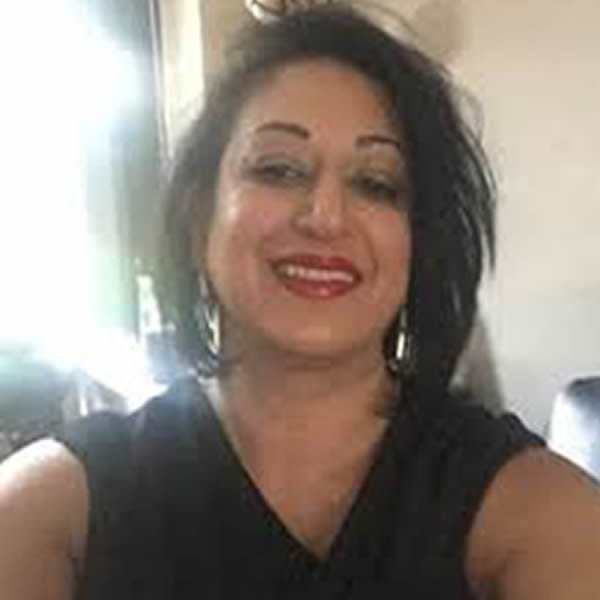

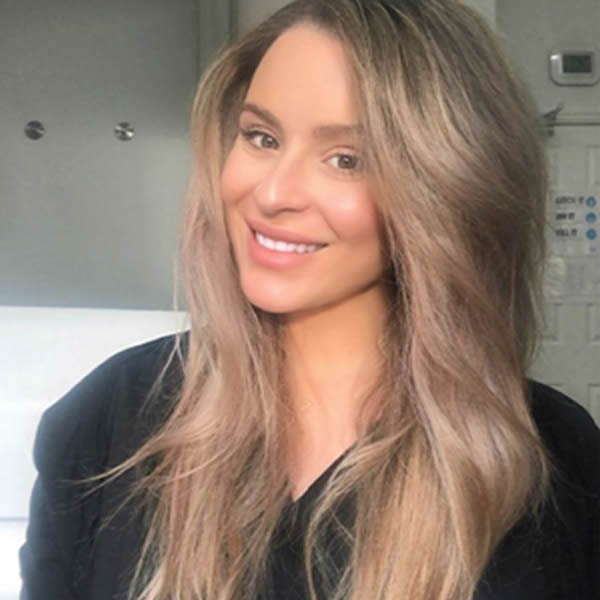
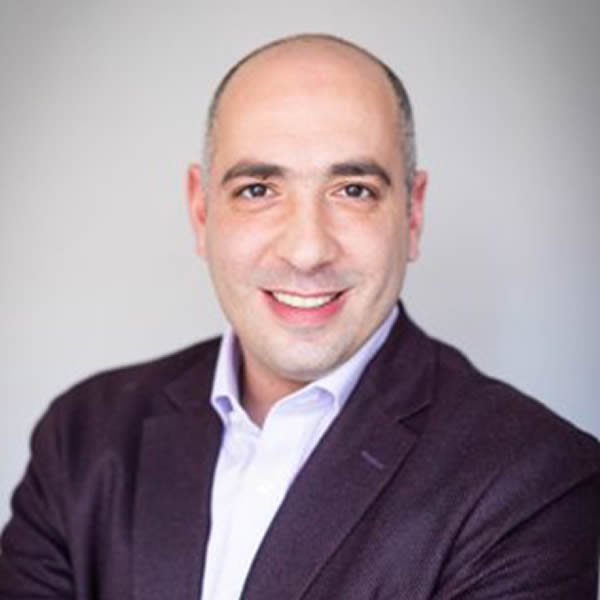
Leave a Reply
Want to join the discussion?Feel free to contribute!